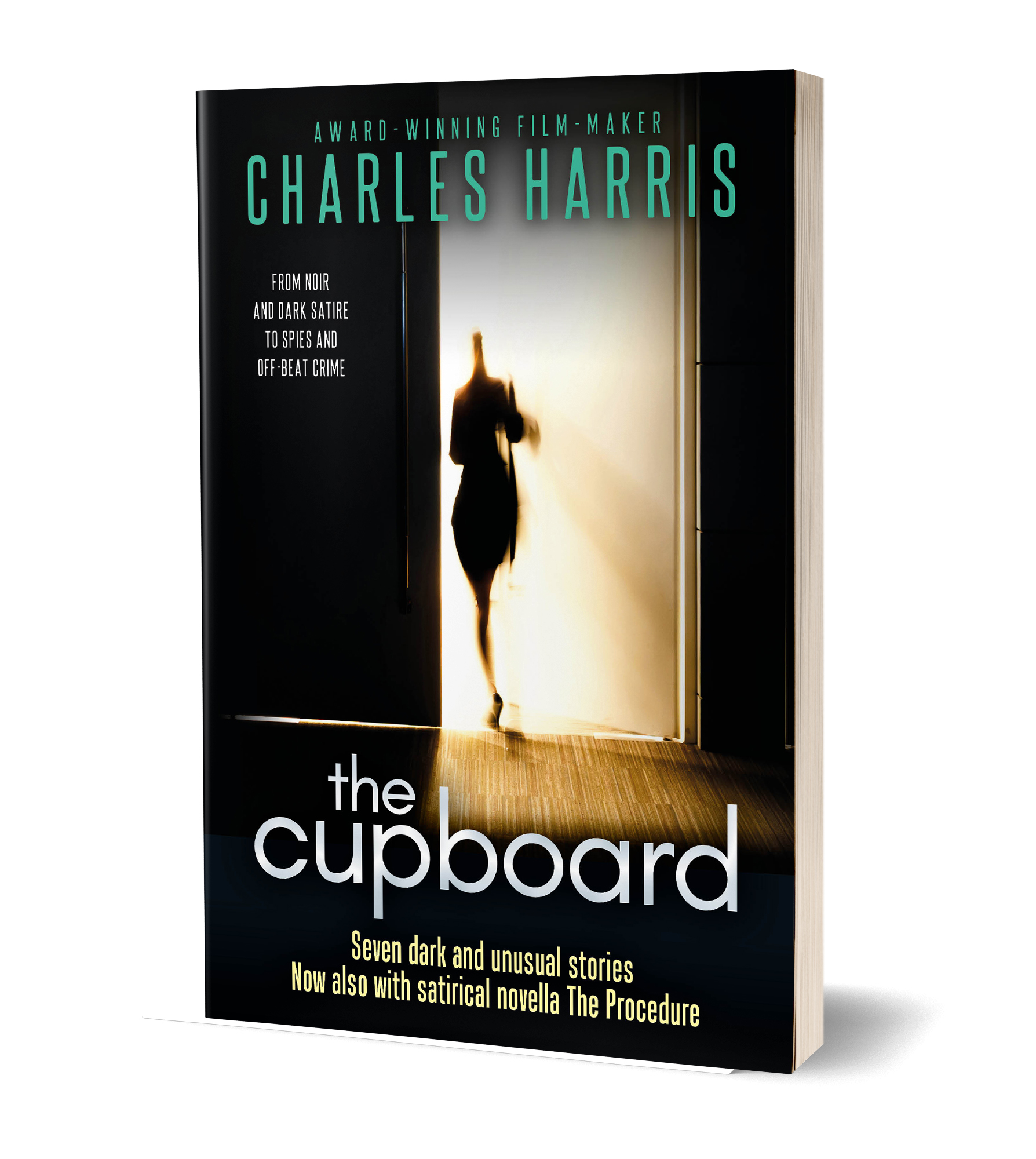Do you need your delusions?
29 Friday Mar 2019
Written by Charles Harris in Mental Game, Psychology, Reviews
Tags
BBC, Bedlam, Brexit, Daniel Freeman, guillotine trauma, paranoid schizophrenia, psychologist, Radio 4, the clinician's illusion
Do you need your delusions?

Listeners who believe that the BBC is a hot-bed of pinko leftie elitists who want nothing more than to attack the right, might have felt vindicated if they’d turned on Radio 4 last November.
At 1.45 pm, immediately after the Brexit news headlines, came a brand-new series: A History of Delusions..!
I had to laugh.
Startling cases
However, as the series progressed, I discovered a world that I had hardly suspected existed before.
From people who are convinced they’re made of glass to people who are sure they have been personally damned by God. From a man who thought his head had been cut off to a woman who believed she was on a reality show.
The show is fronted by experimental psychologist Daniel Freeman. Freeman has written a number of popular science books on mental health including The Stressed Sex, which asks if men and women experience different rates of psychological disorder. A question that has been largely ignored up till now.
In this radio series, he sets out to explore a startling range of delusions from 15th century Europe to the UK today and to see what they can teach us.
One such features James Tilly Matthews. A London tea broker, in 1797 he was committed to Bethlem psychiatric hospital (more famously known as “Bedlam”). Tilly Matthews believed in an elaborate conspiracy, which involved the British establishment and a mind-controlling machine called the Air Loom.
Sounds remarkably familiar… He is considered to be the first fully documented case of paranoid schizophrenia.
While in 1800 pioneering mental health physician Philippe Pinel told of a Parisian who believed he had lost his head on the scaffold. Apparently, this was just one of many common delusions that arose from “guillotine trauma” at the time of the French Revolution.
Christ on the tube
I found myself remembering a young man I met a few years ago on a Jubilee line train. He told me that he’d just realised that he was really the incarnation of Christ and wanted my advice about what to do about it.
Should he start preaching, as he felt he should? Or should he bide his time?
I suggested, rather uncertainly, that perhaps his local church might be a good place to seek advice. And hoped silently that they would know how to get him the help he needed.
On the other hand, maybe he really was the incarnation of Christ. Who was I to say?
The clinician’s delusion
The series features both ancient stories of delusion and fascinating interviews with people who have suffered a variety of delusions in recent years. Some were still only partially recovering.
But Freeman also points out that mental health practitioners generally only see the extreme cases. They call this the “clinician’s illusion.” (Or should that be “delusion?”)
It appears that delusional thinking is actually more common then we used to think and that most people cope happily without need of care.
Indeed, it could be that many, perhaps all, of us are in some way deluded.
For example, research shows that most drivers believe they are above average in ability. Which is unlikely, if not mathematically impossible.
Could delusions even be helpful?
If, as is said, most people are more optimistic than the facts would indicate, this could be a good thing.
After all, how many of us would start on a difficult project (such as writing a novel or having a baby!) if we really knew all the problems that lay ahead.
More seriously, perhaps, Freeman talks to people who found their delusions aided them in life. Including one man who believes that delusion helped him cope with his childhood traumas.
And others whose psychological delusions turned out to be warnings of a hitherto undiagnosed physical disease.
And perhaps, after all, without the delusion that we can get through it, few of us would be able to face the realities of modern politics!
Tell me about your delusions – past, present or desired.
Links
A History of Delusions – BBC Radio 4


2 Comments
March 30, 2019 at 8:47 pm
Very interesting. The kids I work with are always, in some way or another, engaging in some kind of self-delusion. The way I’ve come to see it is this – all the students I see need to feel about four things: self-worth, agency, belonging, and some kind of hope for the future. And every day they are either inventing or latching on to some kind of delusional narrative that allows them to experience these feelings. And the fewer opportunities they’ve had to feel these things elsewhere, the further into the realm of fantasy they have to reach. Reckon it’s the same with adults.
March 30, 2019 at 9:00 pm
How interesting! The way you put it sounds rather sad, though. I agree that we all need those four, but if we can only get it through fantasy… Then, maybe it’s the same for all of us.